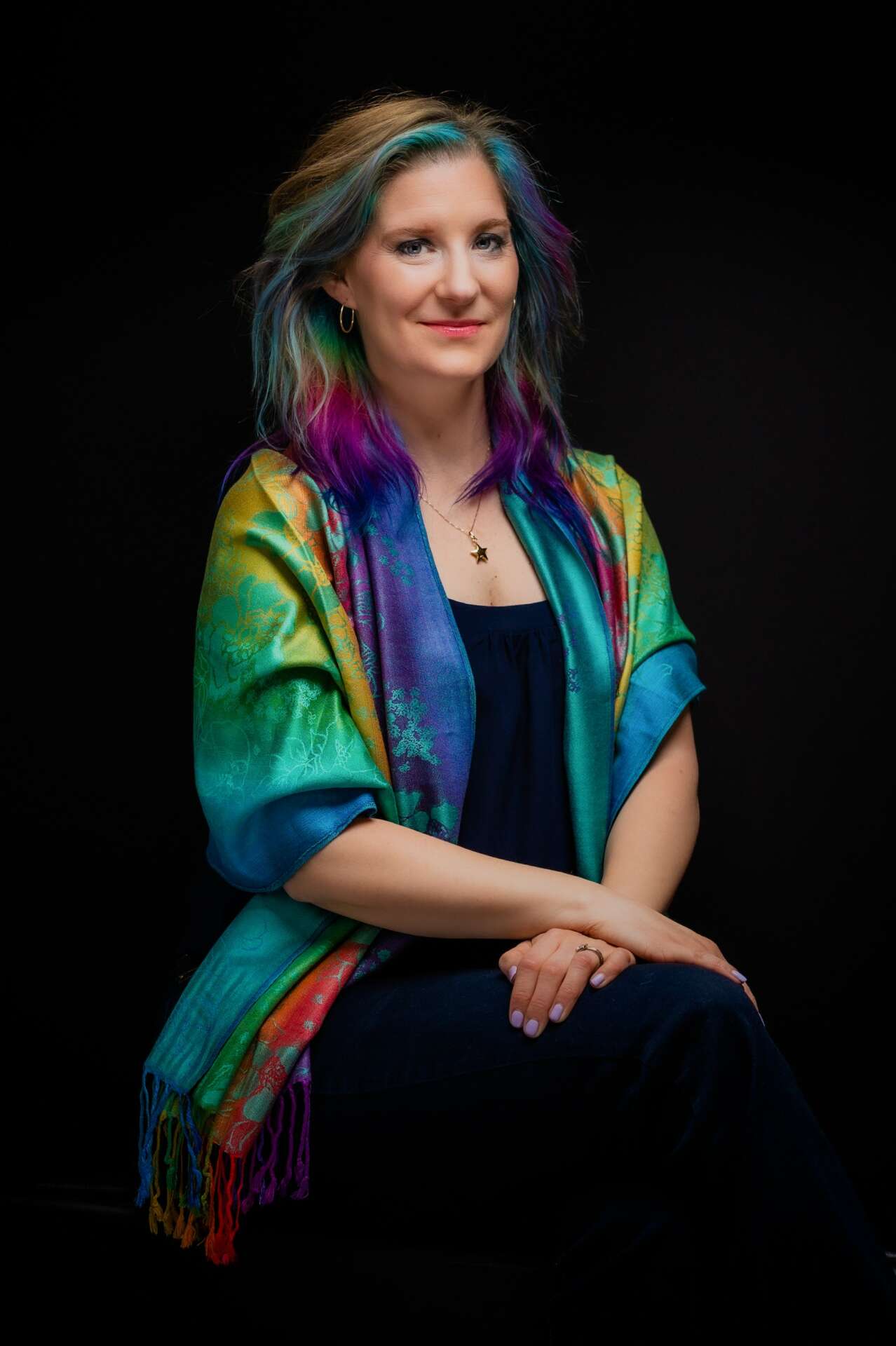We’re excited to introduce you to the always interesting and insightful Tracy Banghart. We hope you’ll enjoy our conversation with Tracy below.
Tracy, appreciate you joining us today. What do you think matters most in terms of achieving success?
It’s easy to conflate “success” for an author as “success in publishing.” But really, it begins with being successful at actually writing a story. Taking the kernel of an idea and doing the hard work of sitting down and writing your characters to life on the page, pushing through the midpoint, getting to the end, going back and revising…that is your first and most meaningful success.
When I was first starting to write seriously, I got really caught up in the publishing part of it all — researching agents and editors, imagining a cover, etc — before I even had a manuscript to submit. Thinking about all the ways my manuscript could succeed, or fail, paralyzed me before I had even written it. I wanted so desperately to be “an author” with a finished book on my shelf, that I couldn’t move forward, step by step, to get there. I think this happens a lot…”putting the cart before the horse” as they say.
What worked for me was joining National Novel Writing Month. Having a specific goal (write a 50,000 novel in a month), having a community and encouragement (through write-ins and daily motivational emails), and having little time to second-guess myself led to me meeting my goal of writing a novel. Sometimes we have to narrow our focus down to the pieces we can control, day by day. While that manuscript never sold and became a real book on shelves, it WAS a success. It made ME a success. Because it showed me I COULD write a novel, and I did have an agent (actually three) offer to represent it, and me.
Without that first success — the success of actually putting my story down on the page — I would not have had a foundation upon which my further successes could be built. So what do I think it takes to be successful? I think it takes breaking your goals into actionable steps, and sitting down to do the hard work, over and over. And most of all, remembering that those smaller steps on the way to greatness ARE successes, in and of themselves.
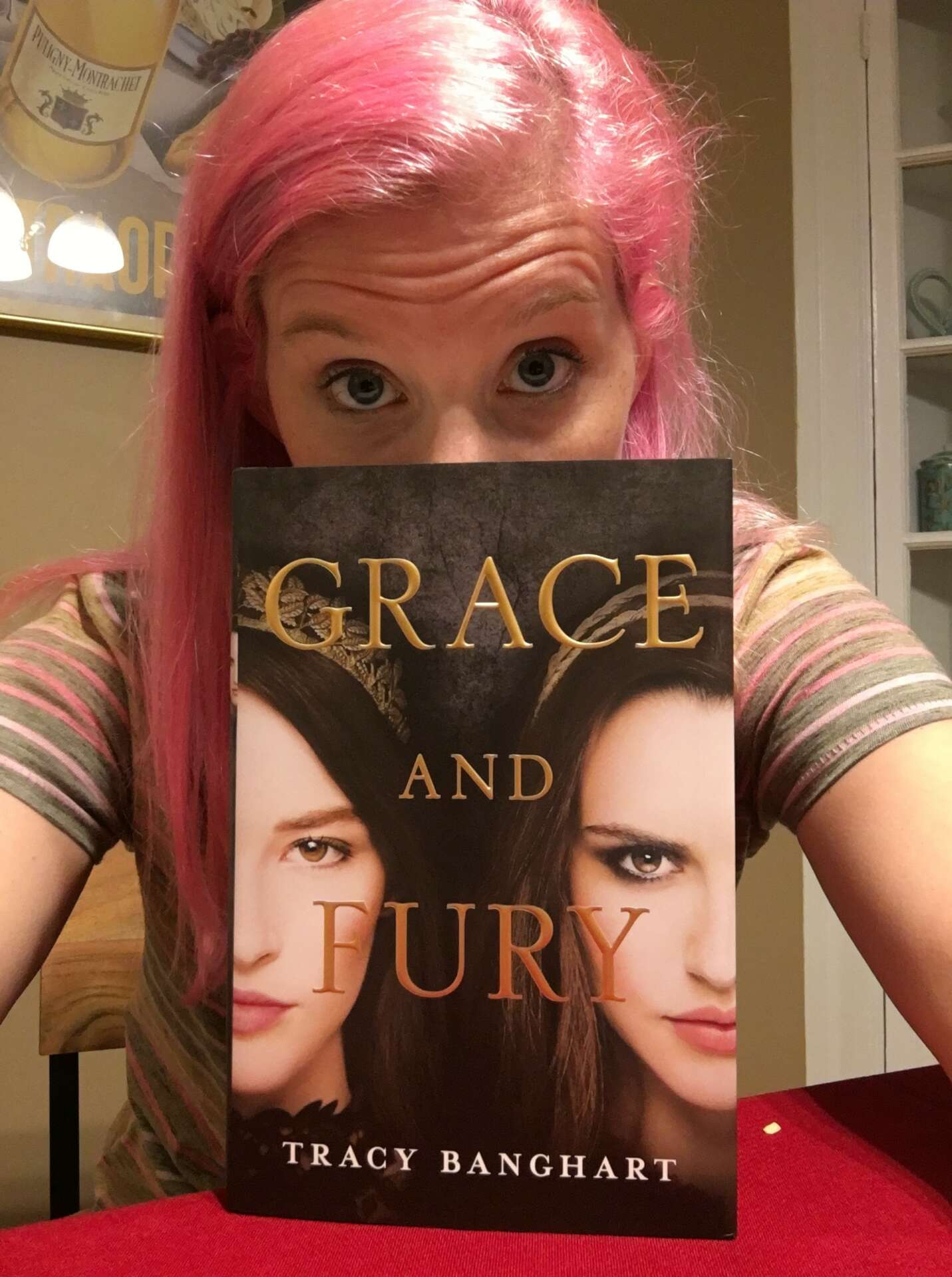
Tracy, before we move on to more of these sorts of questions, can you take some time to bring our readers up to speed on you and what you do?
I’m the author of several young adult fantasies, including the Grace and Fury series and A Season of Sinister Dreams (Little, Brown), as well as my debut picture book, Love Like Chocolate, illustrated by Alina Chau, which comes out in December. Next fall (2024), my first young adult thriller, Perfect Girl, will be released by Feiwel & Friends.
I knew I wanted to be a writer pretty much from the time I started reading. I spent school writing very bad poetry and fan fiction, took some creative writing classes and camps in high school and college, and then worked briefly in publishing. I have a BA in English from Davidson College in NC and an MA in Publishing from Oxford Brookes University, in Oxford, UK. I started writing seriously in 2009 with my first NaNoWriMo (National Novel Writing Month) and have been writing steadily ever since. I’ve done pretty much every kind of publishing you can: indie/self-publishing, intellectual property, traditional, and I’ve learned valuable lessons at each stage and with every type.
As for my “brand,” on the young adult side, I’d say it’s “feminist stories about young women searching for agency.” My picture books are gentle, affirming stories of family love and inclusivity.
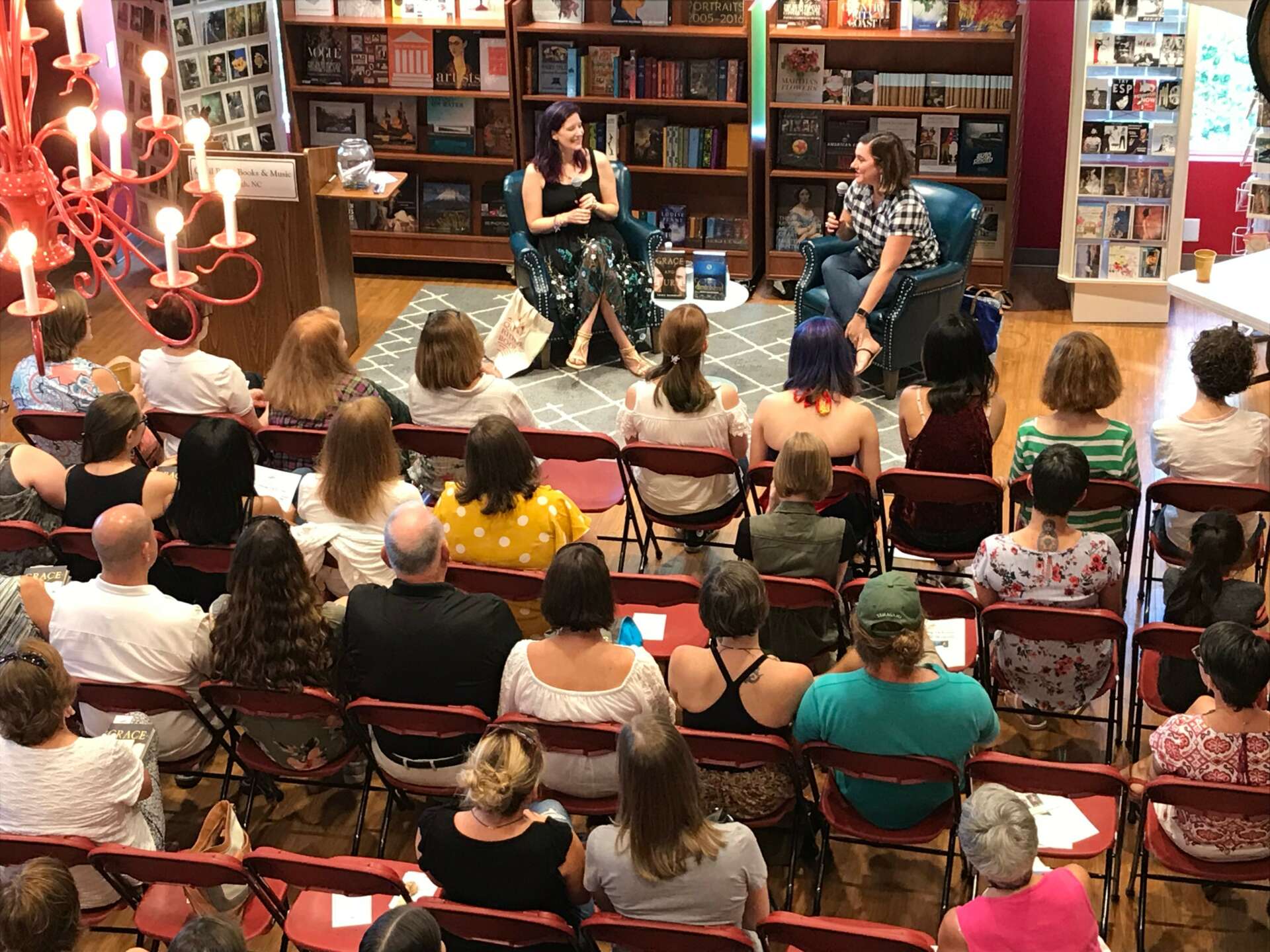
Is there something you think non-creatives will struggle to understand about your journey as a creative?
I think people who work outside of creative fields have no concept of how luck-driven and inconsistent creative fields can be. My husband, who’s in the Army, is continually shocked at the publishing industry. An author usually has no control over – whether their book will sell, or even when or if they’ll get a response when it’s on submission to editors
– what the cover will look like
– when an editor will return feedback
– what kind of marketing a book will get
– the date the book comes out
– when they get paid
And more. It’s why it’s so important to try to find a good agent, who can negotiate some of these points. But I think people outside of publishing often assume an author is making tons of money, has control over the cover or release date, etc., and usually none of that is true. You really have to find ways to cope with uncertainty as a creative using traditional avenues.
What’s the most rewarding aspect of being a creative in your experience?
For me, the most rewarding thing about being an author is the sense of satisfaction when I hold the finished book in my hand. I know for a lot of writers it’s connecting with readers, which I do love and value deeply, but ultimately I write my books for my teenaged self, who wanted so much to be an author and was so scared it was a dream far out of her reach.. So that moment when I get to see the fruits of that labor, when I get to see my dream realized, is always the most rewarding moment. Kind of a “look Ma, I did it!” only “Ma” is myself. :)
Is there something you think non-creatives will struggle to understand about your journey as a creative?
I think people who work outside of creative fields have no concept of how luck-driven and inconsistent creative fields can be. My husband, who’s in the Army, is continually shocked at the publishing industry. An author usually has no control over
– whether their book will sell, or even when or if they’ll get a response when it’s on submission to editors
– what the cover will look like
– when an editor will return feedback
– what kind of marketing a book will get
– the date the book comes out
– when they get paid
And more. It’s why it’s so important to try to find a good agent, who can negotiate some of these points. But I think people outside of publishing often assume an author is making tons of money, has control over the cover or release date, etc., and usually none of that is true. You really have to find ways to cope with uncertainty as a creative using traditional avenues.
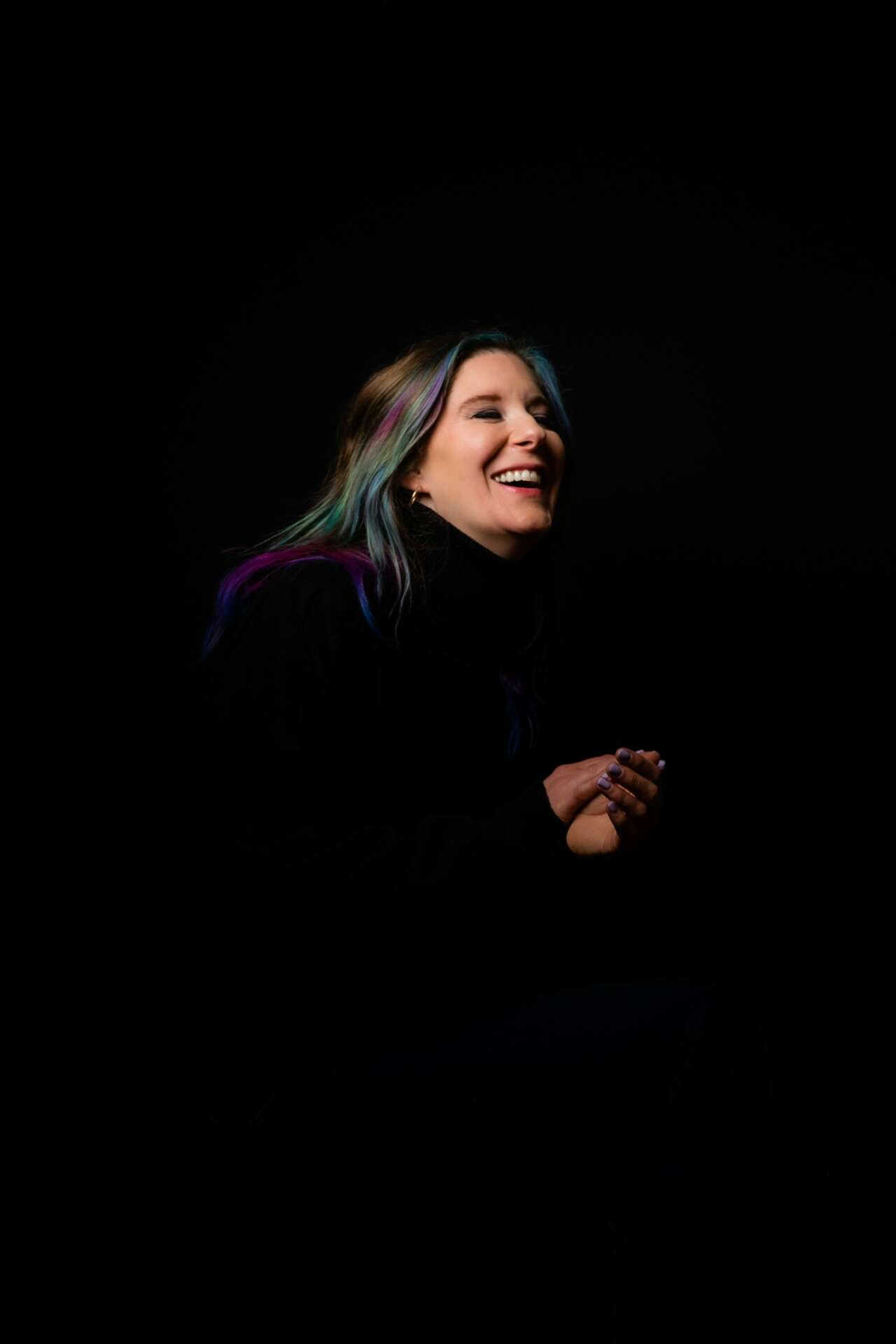
What’s the most rewarding aspect of being a creative in your experience?
For me, the most rewarding thing about being an author is the sense of satisfaction when I hold the finished book in my hand. I know for a lot of writers it’s connecting with readers, which I do love and value deeply, but ultimately I write my books for my teenaged self, who wanted so much to be an author and was so scared it was a dream far out of her reach.. So that moment when I get to see the fruits of that labor, when I get to see my dream realized, is always the most rewarding moment. Kind of a “look Ma, I did it!” only “Ma” is myself. :)
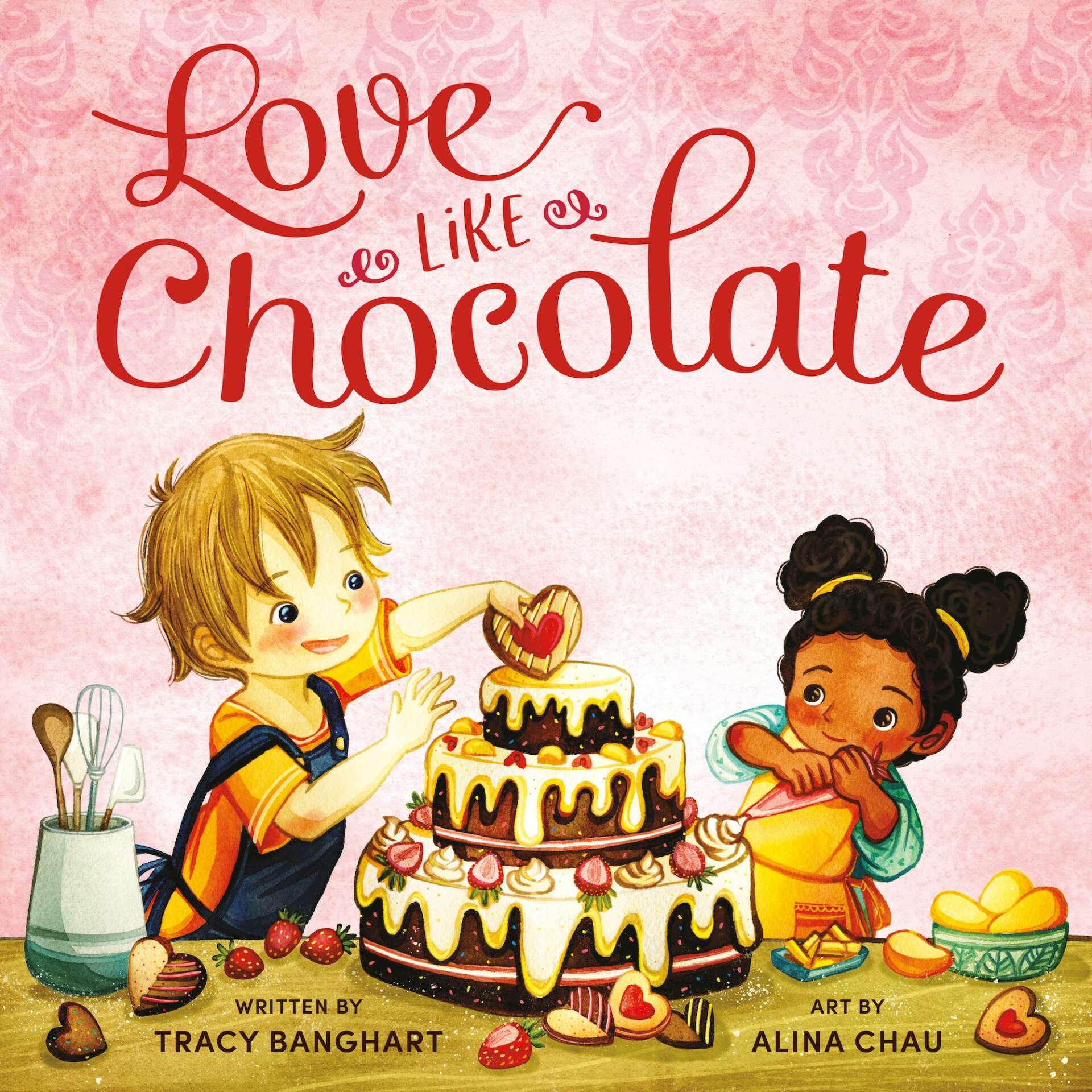
Contact Info:
- Website: www.tracybanghart.com
- Instagram: @tracythewriter
- Twitter: @tracythewriter
Image Credits
Author photos: Kristina Yasmin Photography


